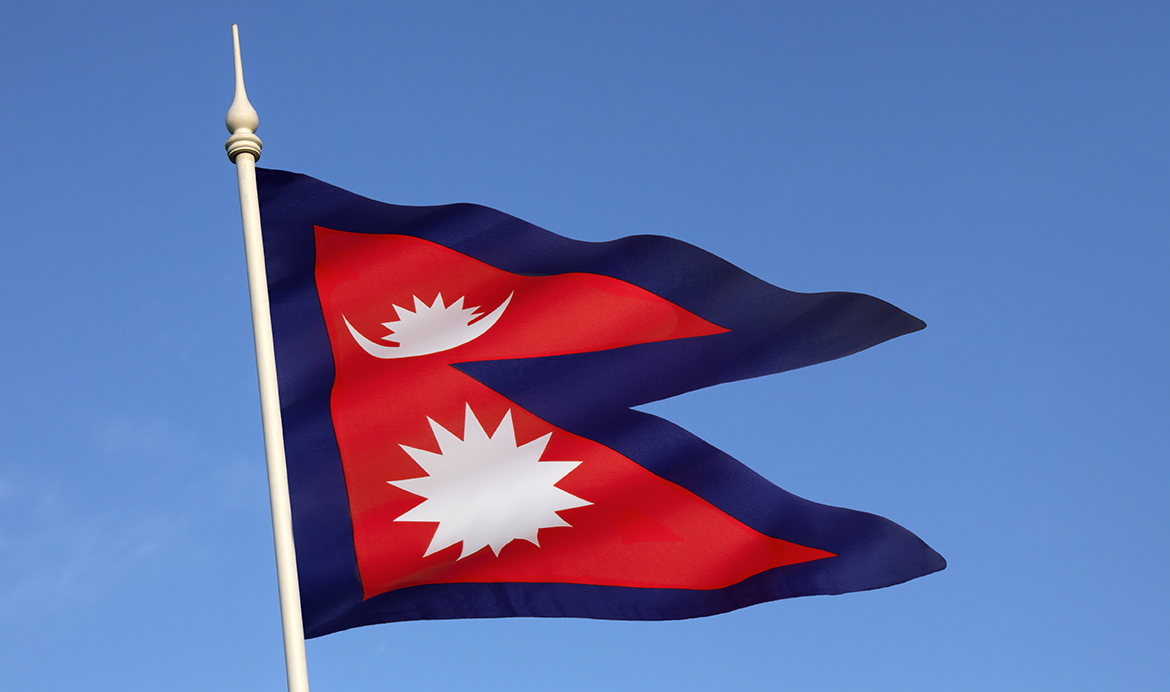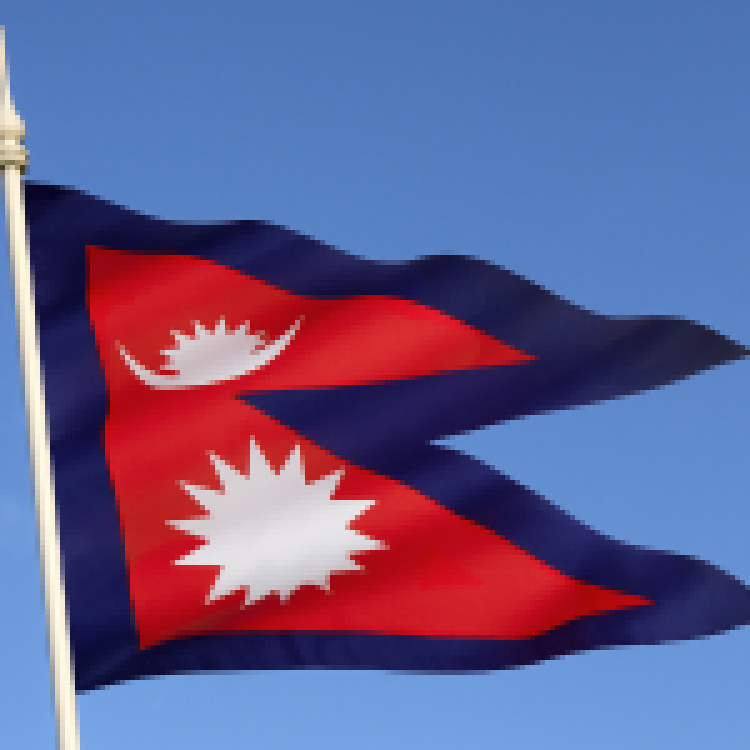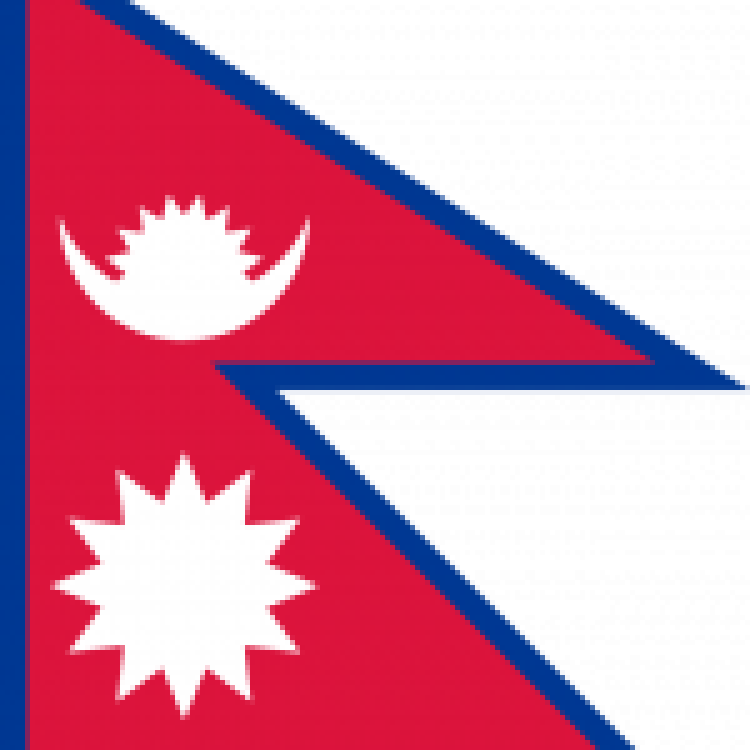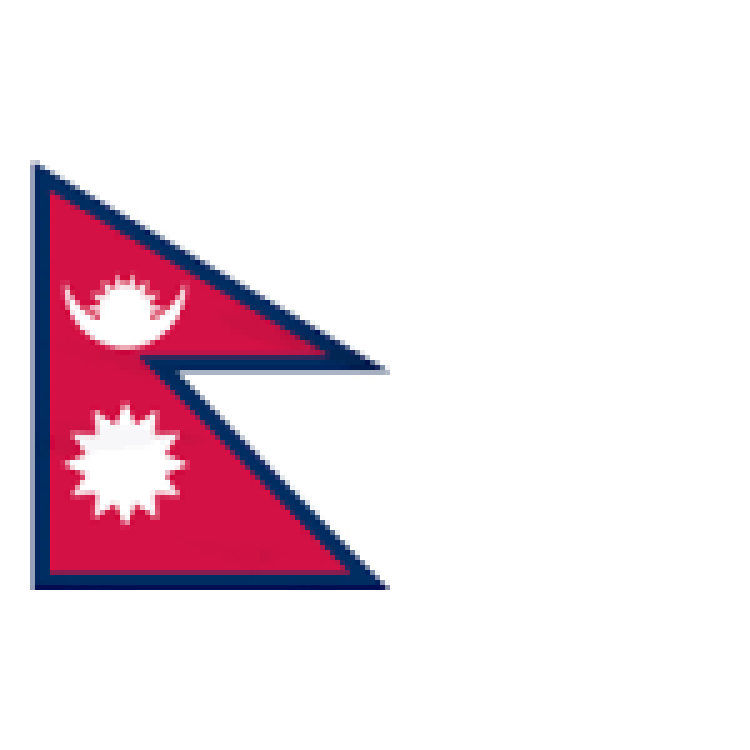
 Three major human rights organizations slam Nepal's new Transitional Justice Law as a "flawed step forward," citing numerous "accountability gaps" needed to be addressed by lawmakers.
Three major human rights organizations slam Nepal's new Transitional Justice Law as a "flawed step forward," citing numerous "accountability gaps" needed to be addressed by lawmakers.
In a joint statement, Amnesty International, Human Rights Watch (HRW) and the International Commission of Jurists (ICJ) have criticized the law, citing several provisions that appear to be "designed to shield those responsible for wartime crimes from prosecution."
"Victims have been waiting for full acknowledgement of the harms they have suffered and reparations for almost 20 years… Current gaps in this law could serve to threaten the outcome of the process and defeat the purpose of providing effective remedies to victims," stated Mandira Sharma, senior international legal adviser at the International Commission of Jurists.
As outlined in the joint statement, the current bill's classification of crimes as either "violations of human rights" or "serious violations of human rights" is inconsistent with international law and excludes possible crimes against humanity and war crimes from prosecution.
The organizations also criticized the law's imprecise language, potentially pardoning international crimes and "violates victims' right to effective remedy and reparation". The law permits a special court to adjudicate any human rights violation that does not fall within the inconsistently defined "serious" category. This permits the court to pardon perpetrators if they "fulfill certain conditions (such as disclosing the truth, making an apology to victims, or paying compensation), with the victims' consent."
"Transitional justice in Nepal is long overdue, and the new law can be an opportunity to finally deliver justice for victims… This should not turn into yet another exercise in which victims are encouraged to accept compensation without truth and justice," stated Meenakshi Ganguly, deputy Asia director at Human Rights Watch.
The law similarly allows for accountability gaps by stipulating that both categories of violations—"serious" and "non-serious"—must be committed "in a targeted or planned manner against an unarmed individual or community."
One contentious provision allows for the attorney general, excluding in cases of rape or "serious sexual violence," to make a binding request for a 75 percent reduction in the sentencing for those convicted of serious violations.
The new law, officially titled A Bill to Amend the Disappeared Persons' Enquiry, Truth and Reconciliation Commission Act, was intended to address the widespread human rights violations committed during Nepal's 1996-2006 conflict. Both security forces and former rebels have been accused of carrying out torture, killings, rapes and forced disappearances during Nepal's decade-long civil war, which ended in 2006 with more than 13,000 people dead.
Read the full statement here.



